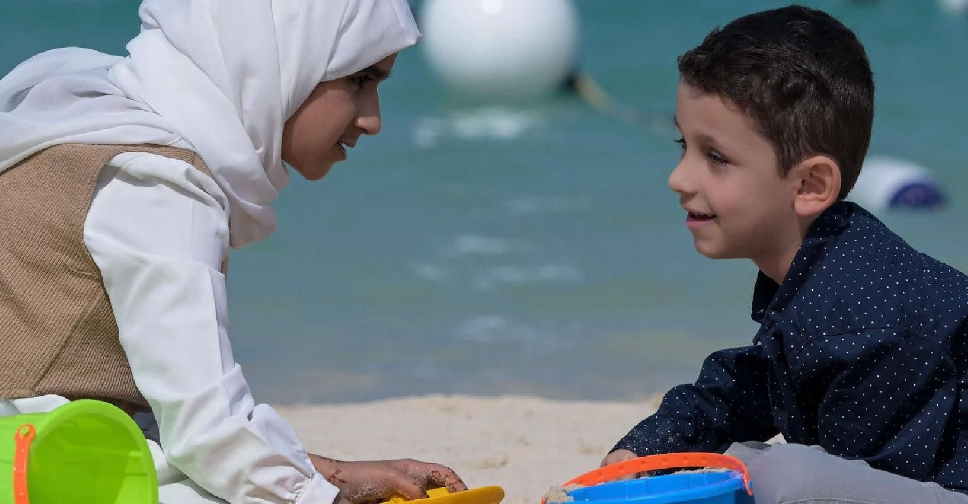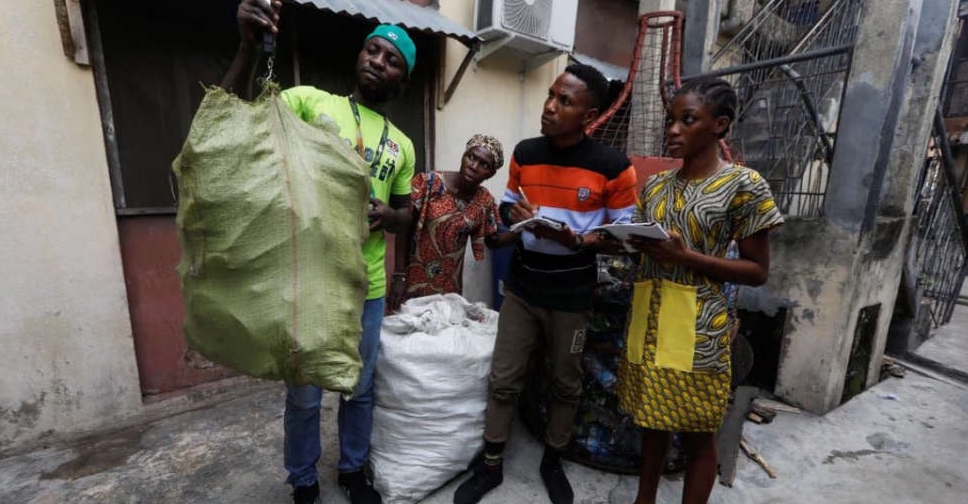
Nigerian fourth-grader Fawas Adeosun often used to get sent home from school through the gritty streets of Lagos because his mother, Fatimoh, had not paid his fees, until he enrolled in a different school offering a novel solution.
My Dream Stead school, in the sprawling, impoverished Ajegunle neighbourhood where the Adeosuns live, is one of 40 low-cost schools in Nigeria's commercial capital that accept recyclable waste as payment.
For the past four years, a local environmental organisation called African Cleanup Initiative has been collecting bottles, cans, drink cartons and plastic containers brought into the schools by parents and selling them to recyclers.
The proceeds of the sales pay for teacher salaries, children's uniforms, books and pens, among other expenses.
The scheme aims to reduce the number of children out of school as well as the amount of rubbish on the streets of Lagos, said Alexander Akhigbe, founder of the environmental group.
Tuition fees at My Dream Stead stand at $130 per year and the school is expanding into a second apartment block to accommodate its 120 pupils. Only seven children were enrolled when it opened in 2019.
Some mornings, Fatimoh and Fawas walk to the school together with bulging sacks of rubbish over their shoulders. The waste is weighed on school premises and its sales value added to Fawas' account.
"Sometimes if he wants to buy sportswear, the school will tell me the amount I need to bring," said Fatimoh, a 48-year-old hairdresser who cares for six children on her own.
Providing for Fawas, the youngest, has been particularly difficult since she was forced to vacate the room she used as a salon in 2018.
"When I discovered that they could collect the plastics from me to keep my child in school, it made my burden lighter," she said.


 Scientists find strongest evidence yet of life on an alien planet
Scientists find strongest evidence yet of life on an alien planet
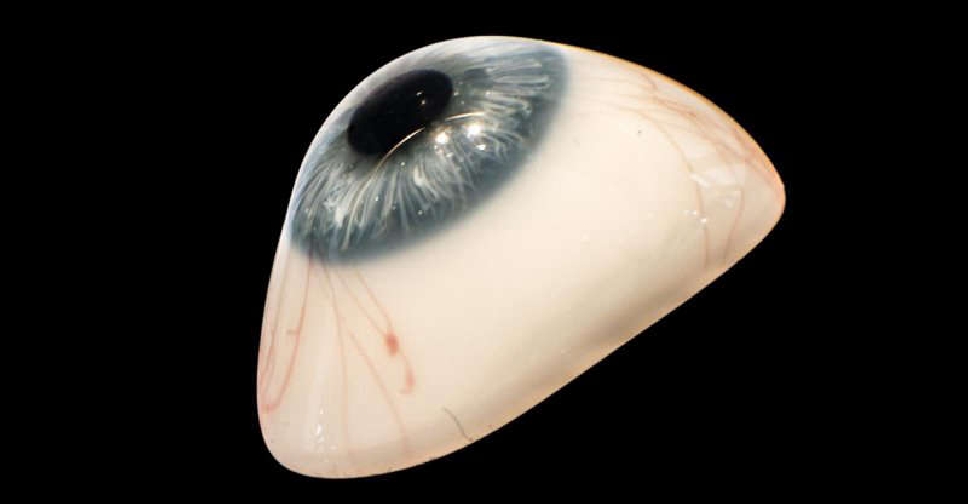 Unclaimed luggage firm finds 'Goonies' script, Rolex, glass eye
Unclaimed luggage firm finds 'Goonies' script, Rolex, glass eye
 LeBron James becomes first male athlete with Ken doll
LeBron James becomes first male athlete with Ken doll
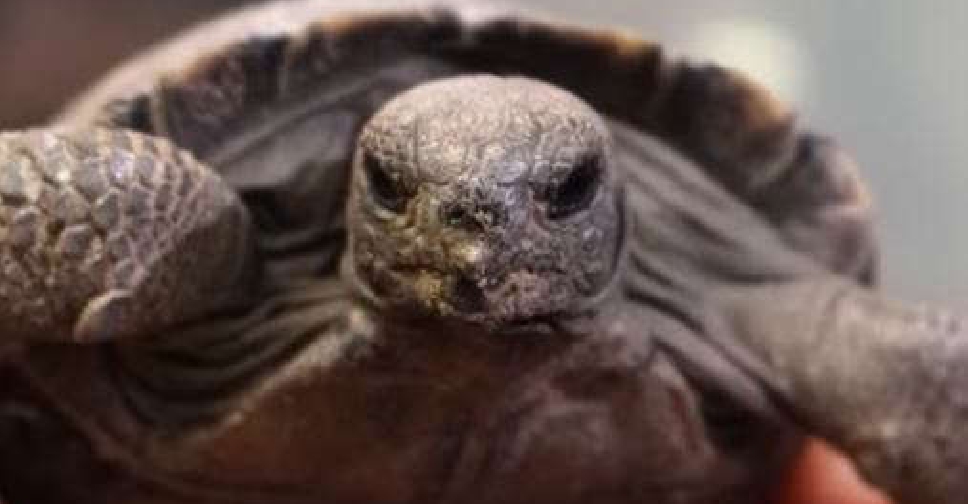 Galapagos tortoises become first-time parents aged 100
Galapagos tortoises become first-time parents aged 100
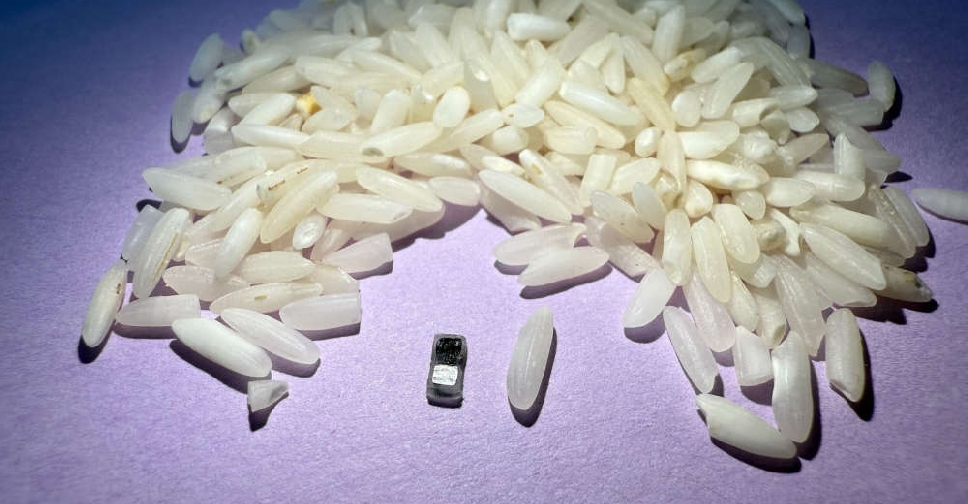 Scientists develop world’s smallest injectable, dissolvable pacemaker
Scientists develop world’s smallest injectable, dissolvable pacemaker

